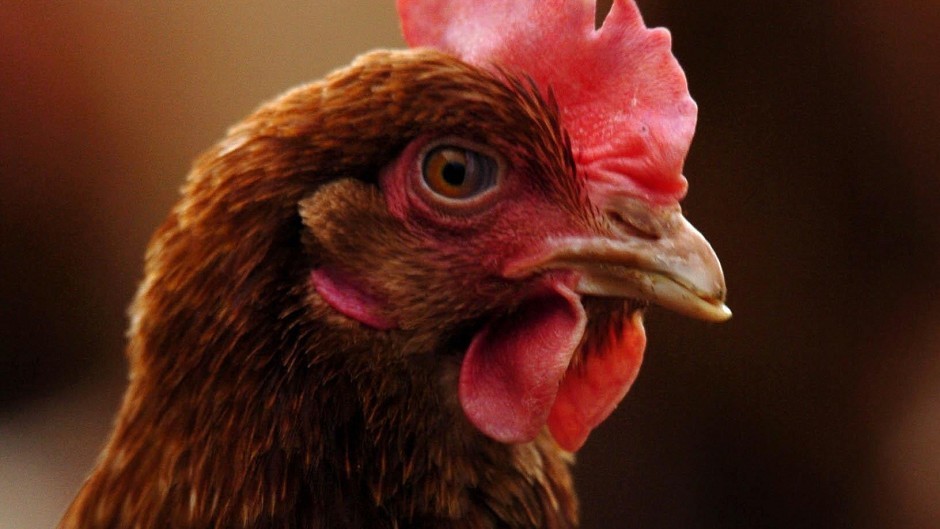North-east poultry keepers have been thrown into “panic” after being told to keep animals locked up for a month due to a bird flu scare.
Owners of the likes of chickens, geese and ducks have been ordered by the Scottish Government to keep their animals indoors, or in some form away from wild birds, due to the heightened threat of avian influenza.
A prevention zone has been established across the whole of Scotland until January 6, leaving poultry keepers scrambling to find ways to comply with the measures.
The Scottish Government said action was needed following “multiple reports” of bird flu across mainland Europe, mostly affecting waterfowl such as swans, geese and ducks.
They also called for heightened biosecurity measures – such as strict hygiene standards – to protect against the virus.
Keith Marley, co-found of the New Arc animal sanctuary in Auchnagatt, said it had been a “disruption” having to spend much of last week upgrading their poultry houses to meet the government’s requirements.
The centre has 96 chickens and cockerels, 51 call ducks, 17 muscovies and nine geese, though it has not yet taken in any unwanted poultry as a result of the prevention zone.
His advice to local poultry keepers was to “cope this year and plan ahead for next year” adding bird flu was “here to stay”.
Mr Marley said: “We have certainly had a few requests to take them and I think people are panicking at the moment about not (being) able to provide proper accommodation to satisfy the government requirements, some are just wanting to get rid of their birds.
“It is a hard one for the majority of bird keepers. The fact is this is now endemic within wild bird population whether we like it or not. We need to take that into account when keeping poultry.”
Lumphanan residents Katy and Liam Russen keep 47 birds – both chickens and ducks – at their home.
Mrs Russen said the changes would lead to more cleaning and may result in cockerels fighting out of “boredom or stress”, birds becoming aggressive and an increased likelihood of hen pecking.
She said: “There’s a chance the hens will eat their own eggs or stop laying altogether. The netting over the runs will need to be constantly checked to make sure it’s secure.”
A statement from the Scottish Government said: “Keeping birds indoors reduces the risk of exposure to the virus, but excellent biosecurity is also necessary to keep disease out.”
Anyone who spots a dead swan, goose, duck or other water-dwelling bird is being urged to contact the Department for Environment, Food and Rural Affairs on 03459 33 55 77 or at defra.helpline@defra.gsi.gov.uk
